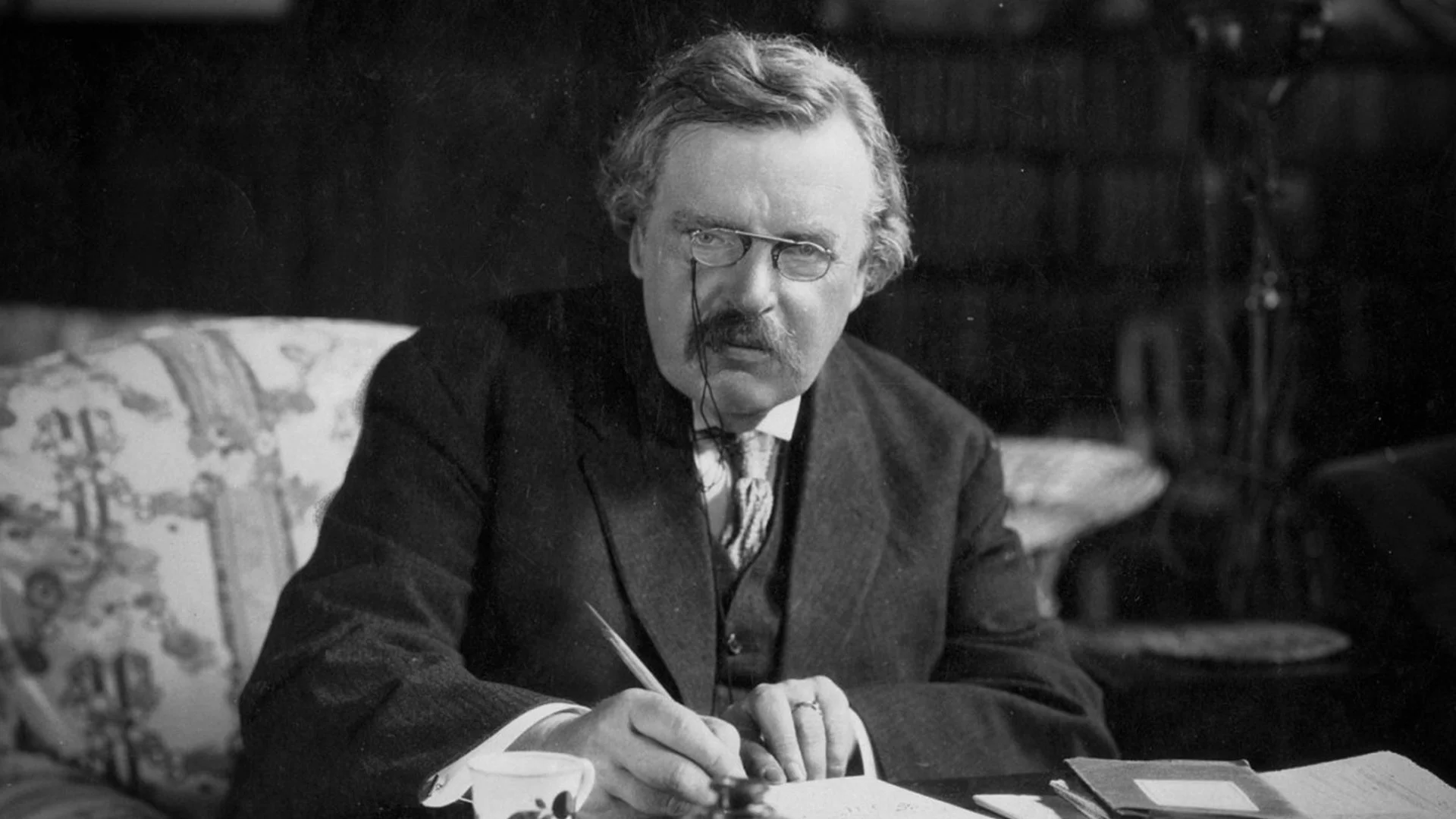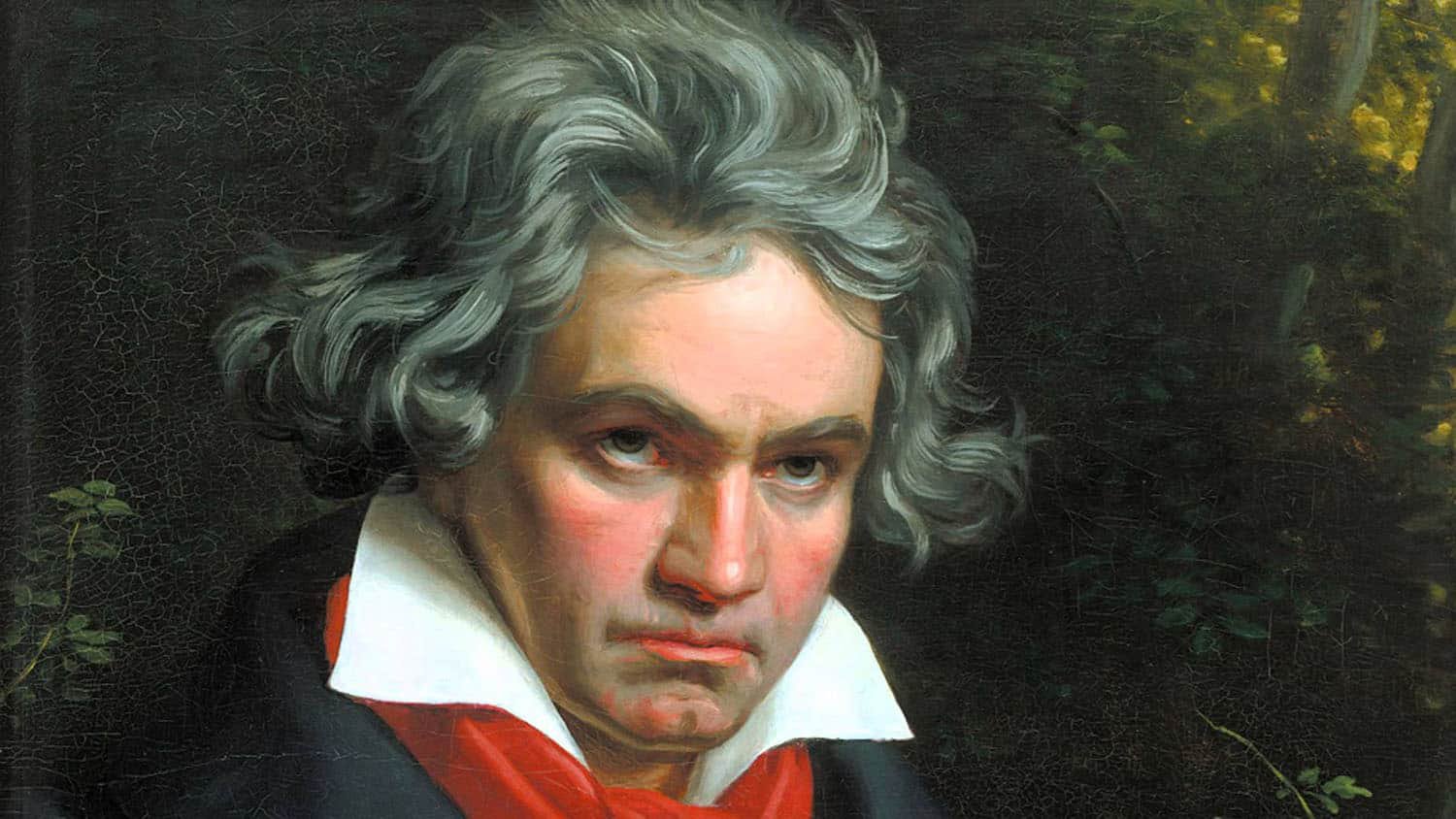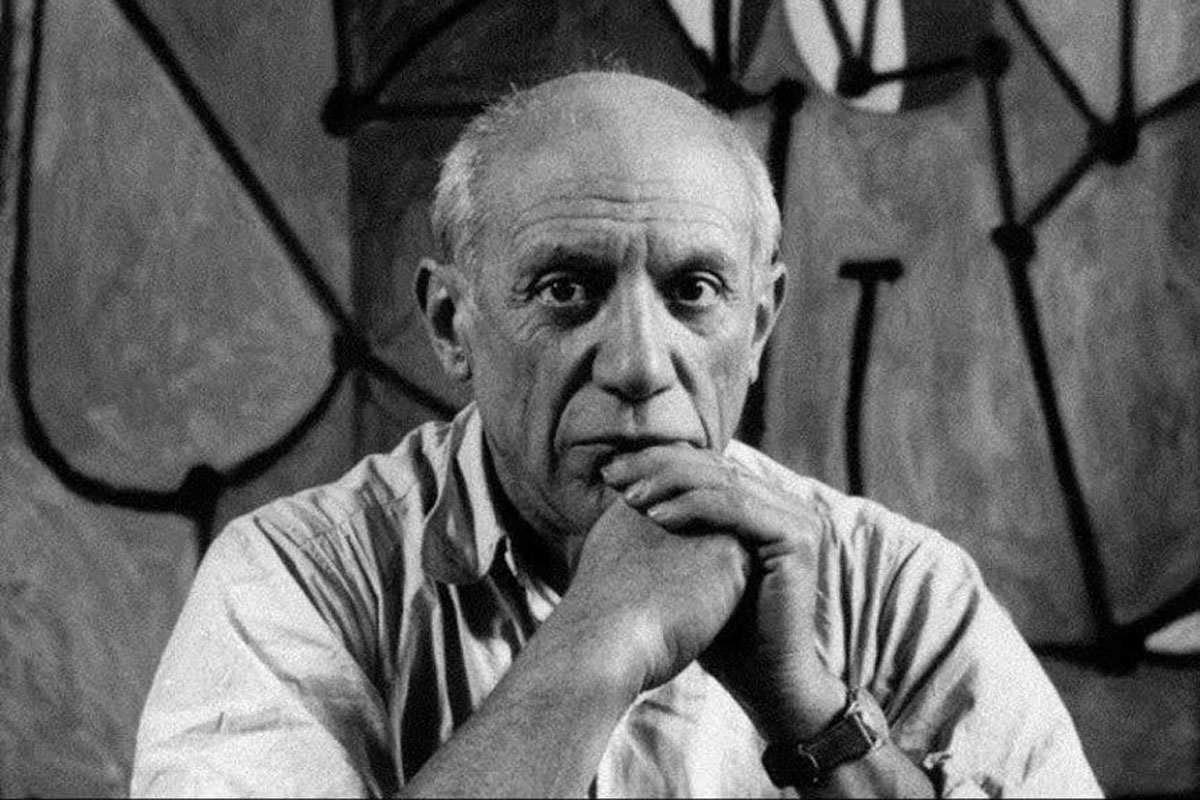This series of articles seeks to examine the character attributes of highly successful leaders, regardless of their adherence to a strong faith or moral standard. In presenting these thoughts, Leadership Ministries is not agreeing with or advocating these traits or practices, but rather presents these as ideas for discussion and development in your own leadership journey.
Elvis Aaron Presley (1935 – 1977) was known as the “King of Rock and Roll”. He began his music career in 1954, and over the next 30 years would sell 300 million albums, make 33 movies, and become one of the most well-known and celebrated artists in history. To this day, Elvis holds the record for most gold, platinum and multi-platinum records—over 150 singles and albums. From 1956-1958 he completely dominated the music charts, ushering in the age of rock and roll. He was among the first celebrities to be identified worldwide by one name—“Elvis.”
Remember where you came from. Elvis had humble roots. He was born in Tupelo, Mississippi, in a two-room house built by his father, Vernon. There was little money in the family. He got his first guitar at age 10, purchased by his parents for $12.95 at a local hardware store.[1] Elvis started recording demos of his songs to give to his mother. Throughout his life, Elvis was generous and kind, giving to family and those around him.[2] He gave away millions in his lifetime, the majority going to charities that helped children. Elvis established a tradition of distributing annual checks for $100,000 to more than 50 charities.[3] He would often visit hospitals and children’s homes, and later performed free concerts for troops during wartime. Elvis’ net worth at his death was about $20 million, giving some clue as to the sizeable percentage of his wealth that he gave away to others. Elvis once said, “It's not how much you have that makes people look up to you, it's who you are.”[4]
Elvis acted in more than 30 movies, including Blue Hawaii. He recorded new songs and released a soundtrack for each film with original music, one of the first musicians to tie film and music promotion together. Photo: Michael Ochs Archives
Never stop learning. Presley was introduced to gospel music as a child in the church. He listened to country music on the radio. Later he soaked up blues and R&B. When in the Army he fell in love with opera. As a result he never stopped exploring musical genres. He continually practiced his singing to increase his range and improve his tone. His cover of the Italian O Sole Mio went to #1 on the charts. Presley once said, “I learned how important it is to entertain people and give them a reason to come and watch you play.” Elvis was inducted in to five Halls of Fame—Rock ‘n Roll, Country, Gospel, Rockabilly and R&B. At the peak of his musical career, he went into acting. Though he never won an Oscar, he had a number of standout roles, including Blue Hawaii in 1961.[5]
Don’t be afraid to reinvent yourself. Today’s celebrities are masters of reinvention, with each new album or movie bringing about whole new personas and styles. Elvis was the original inventor of reinvention. Presley once said, “I’ve never gotten over what they call stage fright. I go through it every show. I’m pretty concerned, I’m pretty much thinking about the show. I never get completely comfortable with it, and I don’t let the people around me get comfortable with it, in that I remind them that it’s a new crowd out there, it’s a new audience, and they haven’t seen us before. So, it’s got to be like the first time we go on.”
Following years in film, Elvis created a made-for-TV concert that revived his singing career, the ‘68 Comeback Special. Photo: Getty Images
He shifted from a rock ‘n roller in the 1950s, to actor in the 1960s, to Las Vegas superstar in the 1970s. With each area of entertainment he attracted new fans. In 1968, Elvis presented a TV concert that aired on NBC. It marked his return to music after seven years of acting and is referred to as the Comeback Special. It included an informal sit-down session, surrounded by fans and a small band, and Elvis included new musical styles to attract a younger audience. It became the most watched television show that season, earning 42% of all TV viewers, and relaunching Presley’s singing career.[6]
Elvis died on August 16, 1977, at the age of 42. He was found unresponsive on the floor of a bathroom in his Graceland home in Memphis, Tennessee, and was rushed to the hospital. Though he was found to have high levels of various prescription drugs in his system, doctors ruled that Elvis died of a heart attack. There was also evidence of chronic constipation, diabetes and glaucoma. Of his celebrity, Elvis said, “...the image is one thing and the human being is another... it’s very hard to live up to an image.”[7]
[1] https://www.graceland.com/early-childhood
[2] https://www.linkedin.com/pulse/leadership-lessons-we-can-learn-from-elvis-presley-sonia/
[3] https://www.benvaughn.com/elvis-presley-a-generous-celebrity/
[4] https://parade.com/1400600/kelseypelzer/elvis-presley-quotes/
[5] https://medium.com/@narecus/10-practical-life-lessons-from-elvis-ddb5f904062e
[6] https://en.wikipedia.org/wiki/Elvis_(1968_TV_program)
[7] https://www.graceland.com/quotes-by-elvis

































Frank Winfield Woolworth was an American entrepreneur, and founder of the F. W. Woolworth Company. He pioneered the retail variety stores which featured low-priced merchandise selling for 5 and 10 cents.